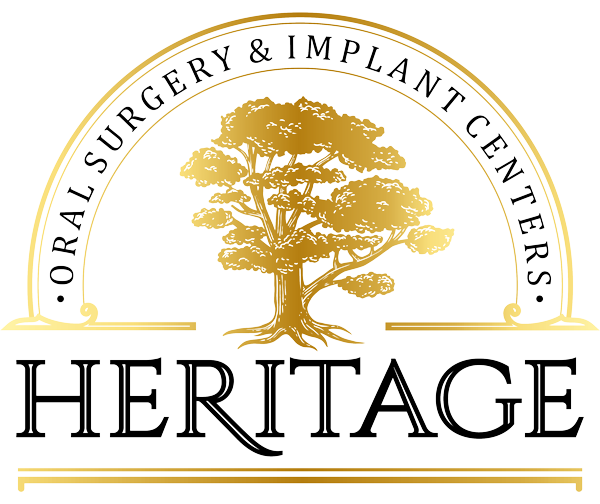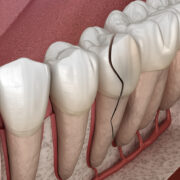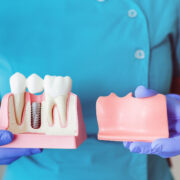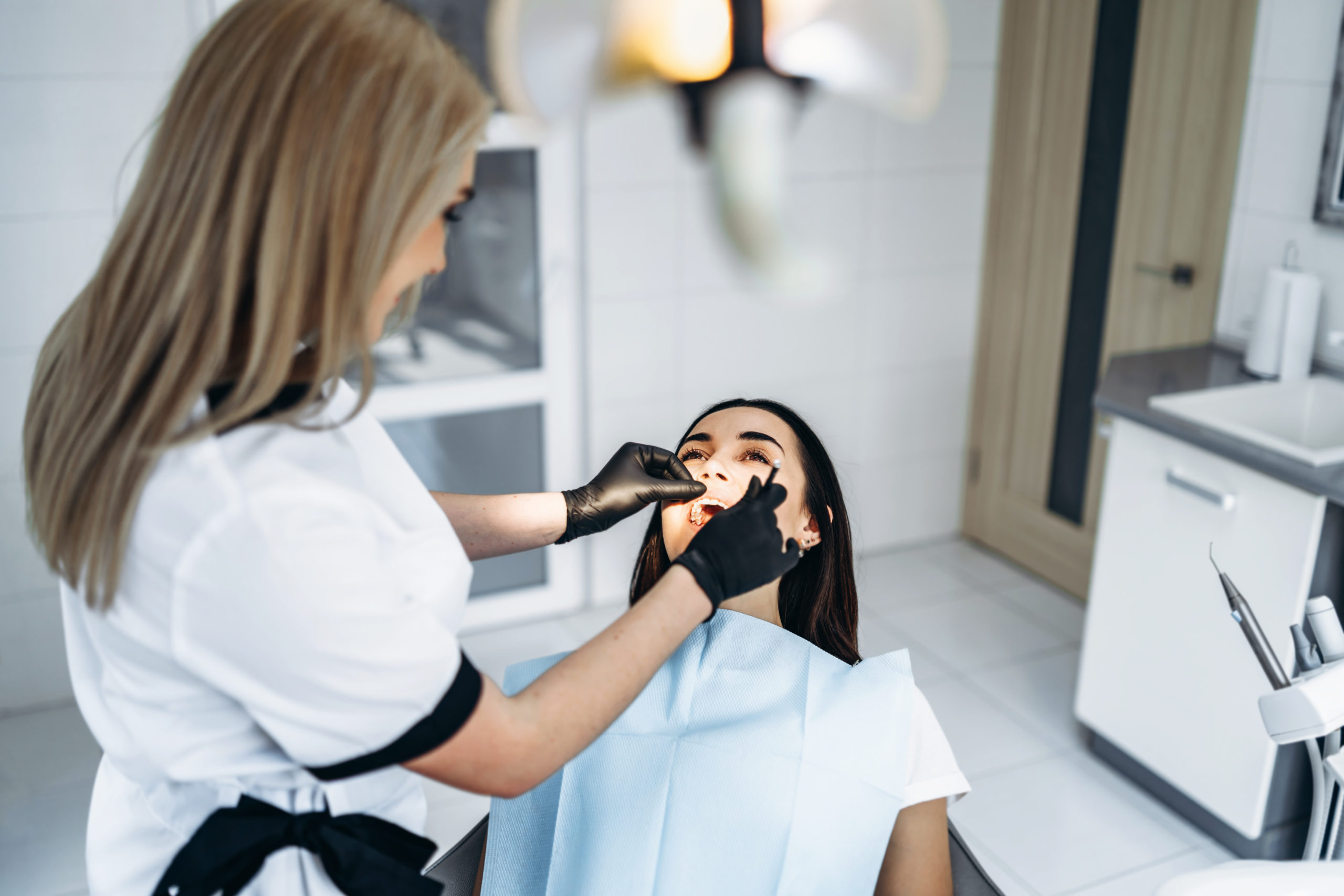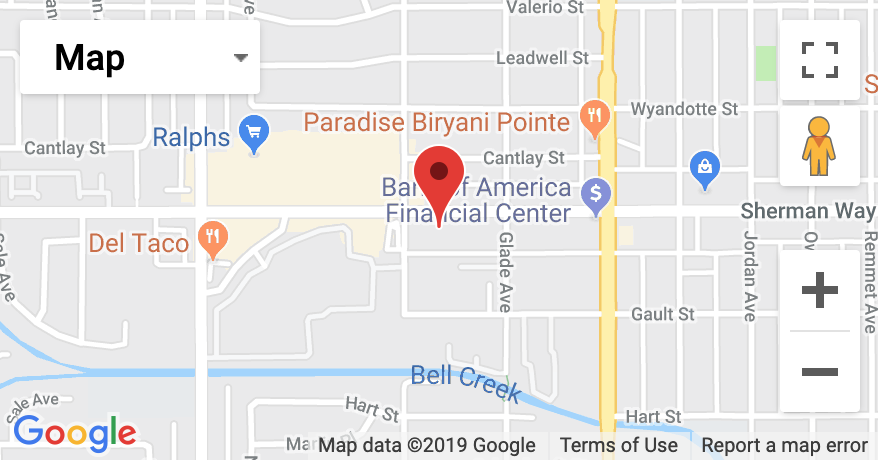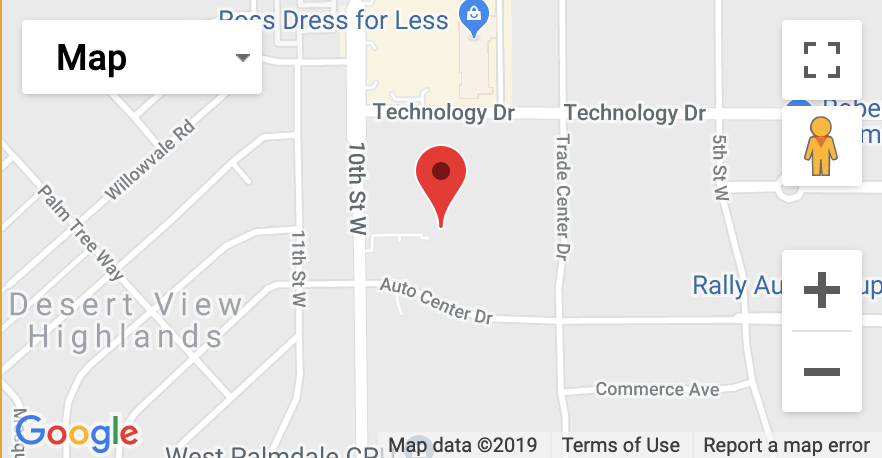Why Is My Cracked Tooth a Problem?
If you have a cracked tooth, your dentist may or may not recommend treatment. Some cracks can become a problem, while others may exist for years without creating issues.
If your dentist recommends treatment for your cracked tooth, whether that’s with a crown, bonding or tooth extraction in Valencia, West Valley and Palmdale CA, you may be wondering why (especially if you’re not in pain!) Here we explore the reasons why a cracked tooth can be an issue and what your dentist may choose to do about it.
What caused my cracked tooth?
There are many factors that can contribute to a cracked tooth, including:
- Chewing hard candy, corn kernels, ice
- Age (older teeth tend to crack more easily than younger teeth)
- Previous dental procedures (root canals can weaken the tooth, leading to cracks)
- Grinding your teeth due to stress or unconsciously at night
What are the symptoms of a cracked tooth?
Sometimes it’s hard to tell if your tooth is fractured because the symptoms can seem similar to other symptoms. Some signs to watch for include:
- Pain that comes and goes, especially when biting down
- Sensitivity to extreme temperatures
- Sensitivity to sweet things
If you’re noticing any of these signs, talk to your dental professional.
If I’m not experiencing pain and other symptoms, why is my cracked tooth a problem?
Even if you’re not experiencing pain and other symptoms, a cracked tooth can be a problem because a crack can allow an infection into the tender pulp of the tooth. When this happens, infection can cause pain and other problems.
Some people are especially vulnerable to infections, like people who are immunocompromised. If you have a crack in your tooth, it’s important for your dentist to know about it so they can decide on the next steps.
Do you have a cracked tooth? Talk to your dentist.
A cracked tooth can turn into a serious problem leading to a tooth extraction or an infection. If you believe you have a cracked tooth, talk to your dental provider in Valencia, West Valley and Palmdale CA. At Heritage Oral Surgery & Implant Centers, we can help you address the problems that may come from a cracked tooth. Contact us today at one of our three locations.

